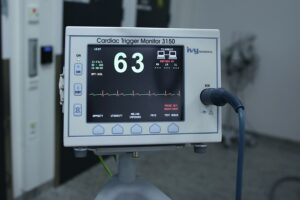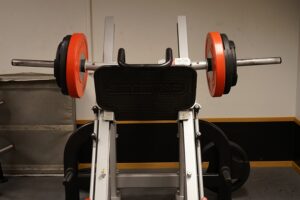Can cholesterol levels be managed without medication?
First of all, when it comes to cholesterol and medication, I have to be little pedantic and ask you to which cholesterol are you referring? To keep this simple, we have LDL cholesterol (the bad stuff) and HDL cholesterol (the good stuff) and unfortunately, most blood tests only look at the cholesterol big picture. Anyway, the answer to this question is a resounding YES…cholesterol can be managed without the need for medication.
What is the medication of choice for cholesterol?
Statins are the drugs of choice that most doctors will prescribe and the ‘good’ news is that they truly work, in bringing down cholesterol levels. However, the really BAD news is that we don’t want to force our cholesterol levels lower – because a recent scientific study showed that people with low cholesterol were at a greater risk of death! Yes, I said death and that data cannot be ignored. Therefore, I suggest that every individual does their own research about cholesterol – while the mainstream medics take ten or more years to catch up!
What are the side effects of statins?
Well, as I’ve already mentioned, the number one side effect is a higher likelihood of death! But obviously there are typical drug-related side effects as follows:
1. Headaches
2. Dizziness
3. Nausea
4. Tiredness
5. Digestive Problems
There are more and I’ve saved the best one until last – Inflammation. I know of so many people who suffer with severe joint pain as a consequence of taking statins and just to balance things a little, I know of a number of people who lost their joint pain when they ceased taking statins. It goes without saying that not many people will be able to partake in much exercise if their joints are severely inflamed!
What is the natural alternative to statins?
For me, there is evidence now available to show that there are natural solutions to managing cholesterol and they are as follows:
1. Take a Vitamin D3 supplement that also contains Vitamin K2
Most people that suffer from high cholesterol have a deficiency in Vitamin D and they need to follow this advice – especially if they don’t get a lot of exposure to natural sunlight. The K2 part of this combo will go looking for calcium that has ended up in the wrong places – such as arteries and the heart and it will redistribute that calcium into bones and teeth – which is especially useful in people aged over fifty. By the way, this one point alone will also lower blood pressure – aka the silent killer!
2. Lower you carbohydrate intake
You don’t have to follow a strict ketogenic regime, but be aware that carbs are converted into sugars and our bodies already take in too many sugars – hence why there is an epidemic of obesity and Type 2 Diabetes. Just cut down on the potatoes, rice, pasta, noodles and bread – maybe by half would be a good starting point?
3. Learn about Intermittent Fasting
This doesn’t mean that you have to starve yourself, but do some research on what this means and reduce the eating window, so there are more hours in your day and night that you are NOT eating.
If you follow those three pieces of advice, I guarantee that you will lower your unhealthy LDL cholesterol levels and you will also improve a ton of other health challenges – though your doctor will try to force you onto statins!
Finally, I recommend that you watch the short video below and if you’re sceptical – like I was, go into the video description and read the scientific reports.
In this video, Doctor Ken Berry goes into more detail about cholesterol and medication.



